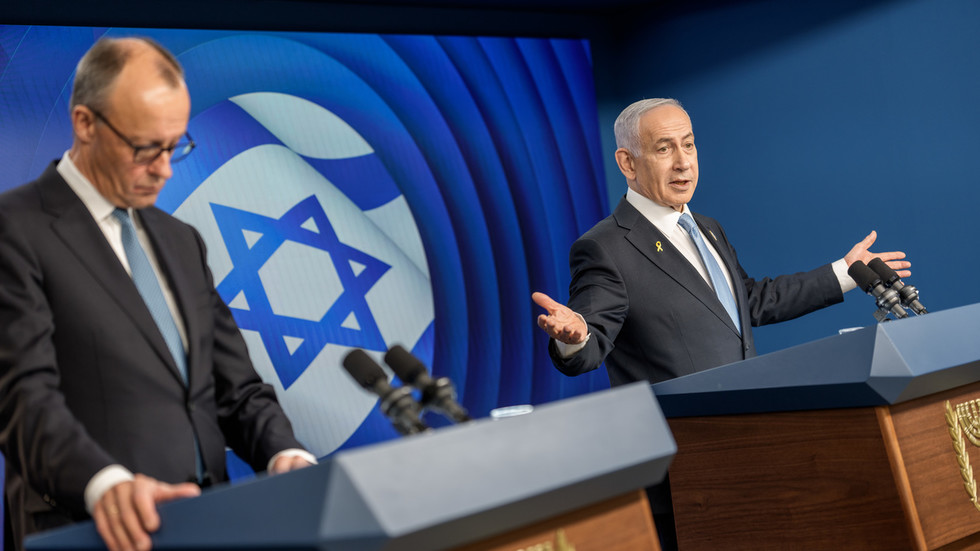A large-scale militant attack on a military base in northern Burkina Faso has killed approximately 50 soldiers, marking one of the deadliest assaults on the country’s armed forces in recent years. Local sources speaking to the Associated Press reported that roughly 100 fighters stormed the base in Dargo on Monday, targeting troops before ransacking the facility and setting it on fire. The attack has heightened concerns over the worsening security crisis in a nation increasingly fractured by extremist violence.
While Burkina Faso’s military has not yet formally commented on the assault, the armed group Jama’at Nasr al-Islam wal-Muslimin (JNIM) is widely suspected of orchestrating the raid. The al-Qaeda-linked faction has claimed responsibility for numerous high-casualty operations across West Africa in recent months, including attacks on security forces and civilians in neighboring Mali and Niger. Analysts note that JNIM has intensified efforts to expand territorial control in the Sahel, exploiting weakened governance and porous borders.
The violence in Dargo underscores a broader pattern of instability in Burkina Faso, where armed groups now dominate vast rural areas, particularly in the north and east. These regions, distant from the capital Ouagadougou, have become hotspots for insurgent activity, displacing over 2 million people and leaving communities vulnerable to raids, kidnappings, and extortion. Security forces, stretched thin by the widening conflict, have struggled to regain control despite international support from regional allies and former colonial power France.
Political turbulence has further complicated efforts to stabilize the country. Since 2022, Burkina Faso has experienced two military coups, with the latest bringing interim President Ibrahim Traoré to power in September of that year. Traoré’s administration has faced mounting criticism for failing to curb violence, even after restructuring military leadership and shifting alliances. Last month, the government ended a military accord with France, turning instead to Russia and other partners for security assistance—a move that has drawn mixed reactions from citizens and observers.
Monday’s assault signals a deepening humanitarian and security calamity. Civilians in conflict-affected zones endure daily threats of violence, food shortages, and collapsing infrastructure, while the military faces attrition from frequent attacks. The United Nations estimates that nearly a quarter of Burkina Faso’s population now requires humanitarian aid, with hundreds of schools shuttered and healthcare systems nearing collapse in embattled regions.
As regional leaders convene emergency meetings to address the crisis, the Dargo attack serves as a grim reminder of the Sahel’s vulnerability to extremist groups capitalizing on political instability and public disillusionment. With no clear resolution in sight, the toll on both soldiers and civilians in one of Africa’s most volatile regions continues to mount.



